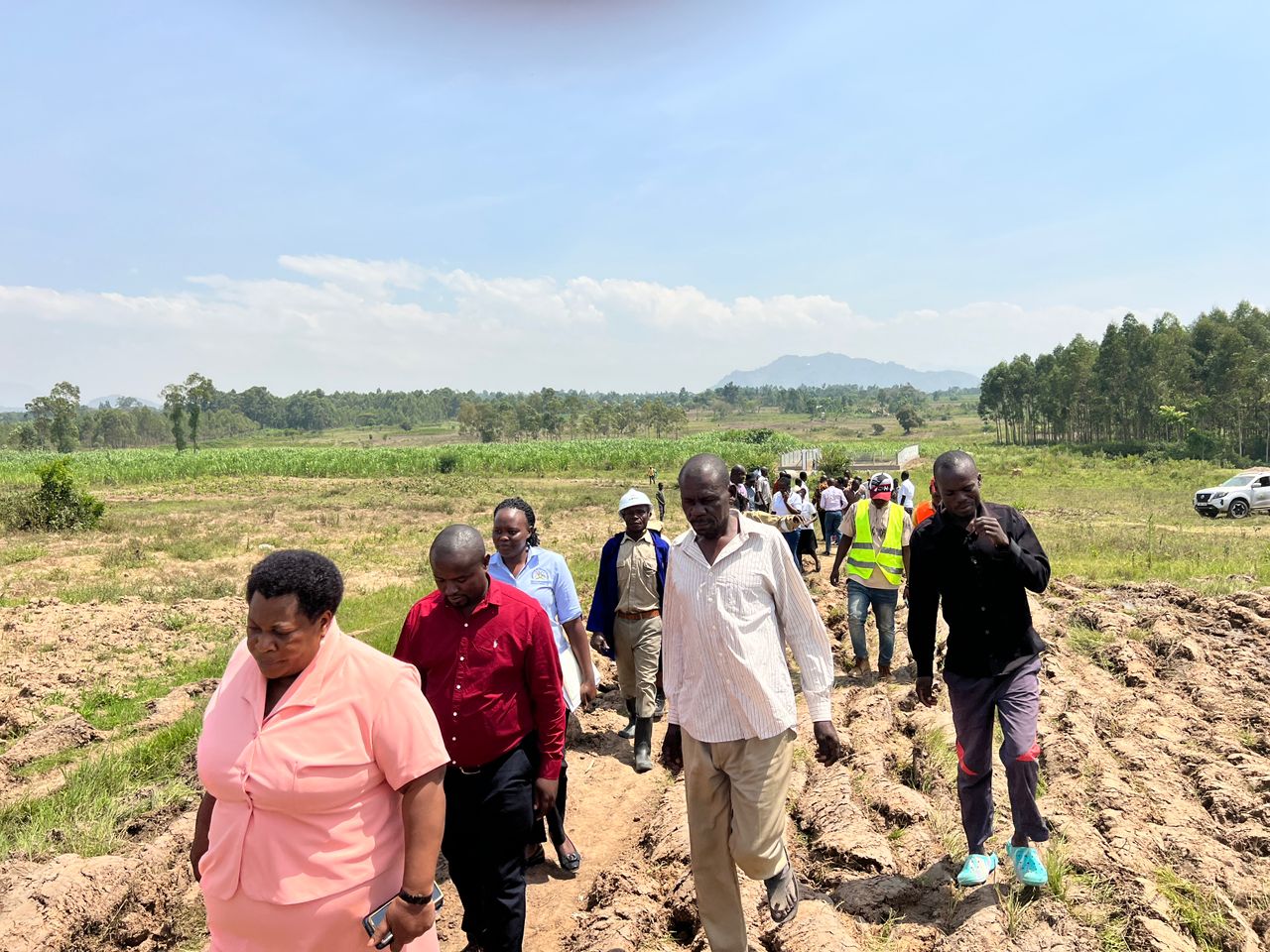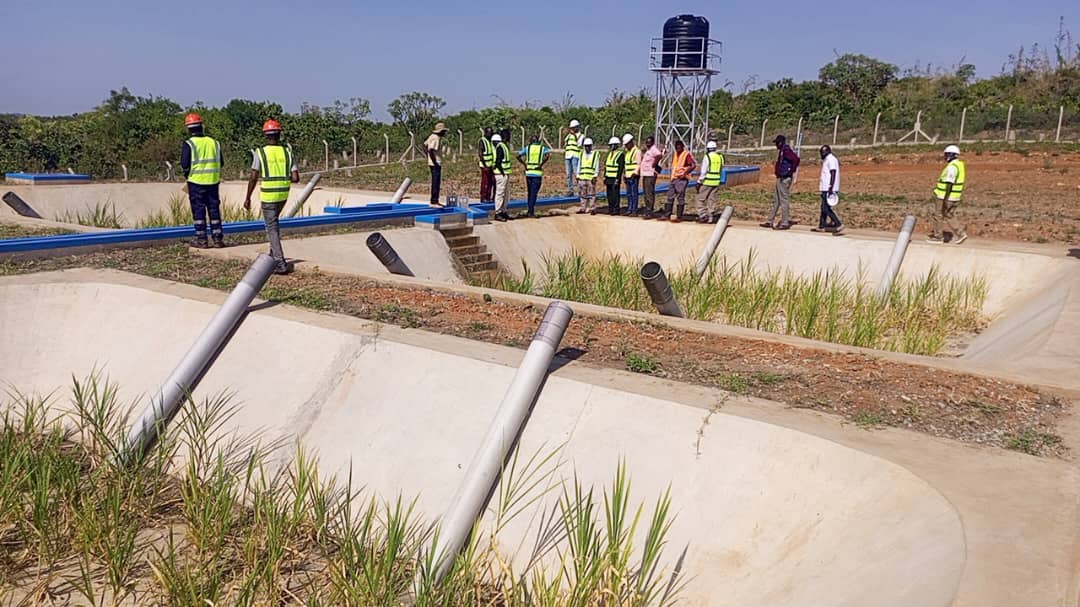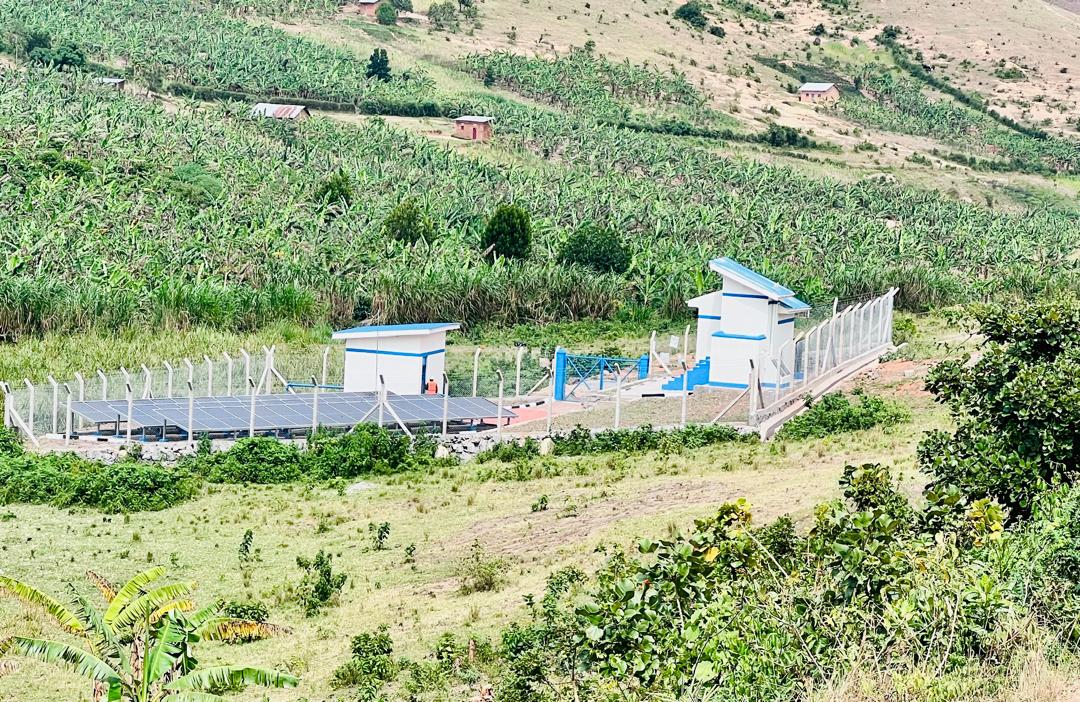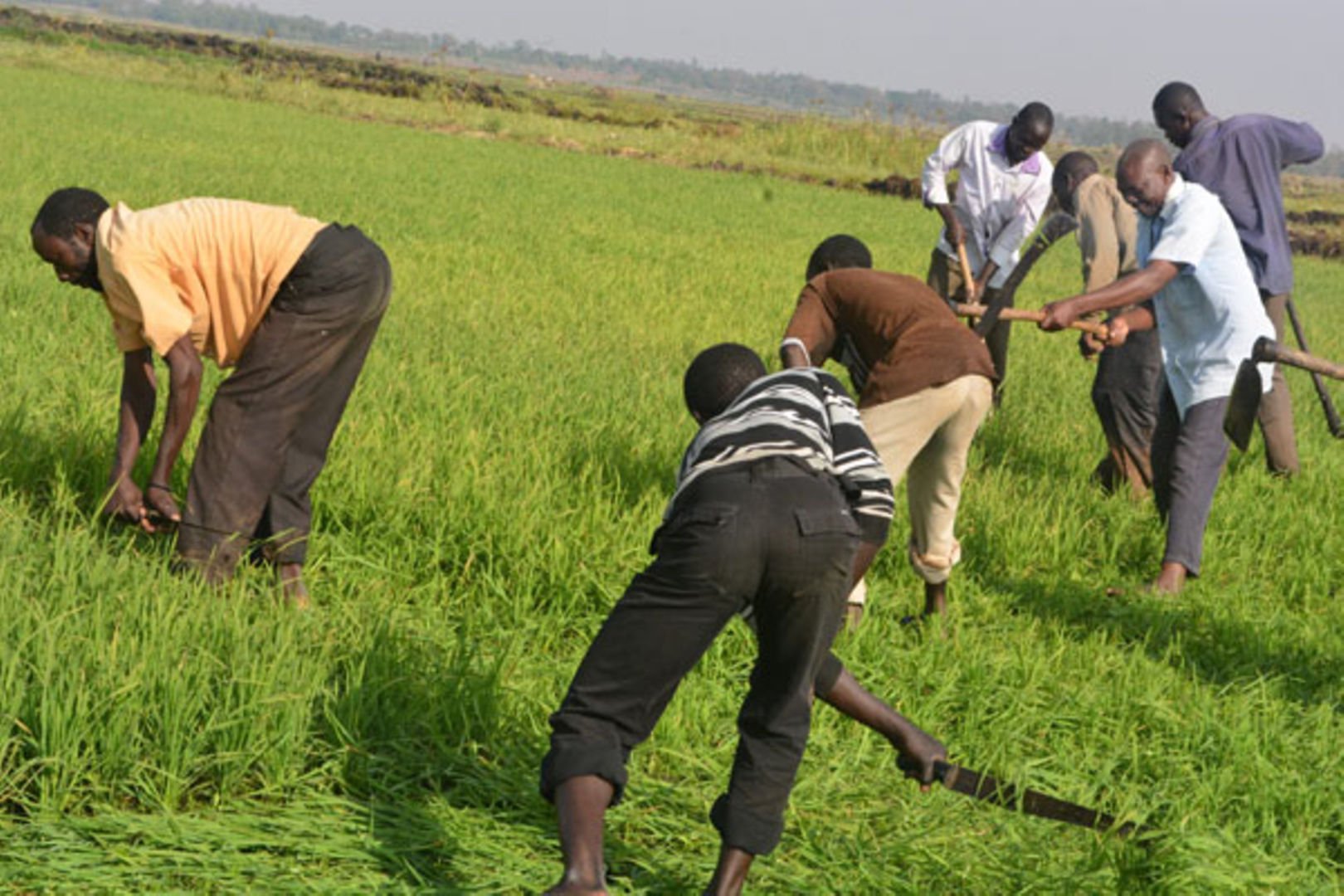
Kibuku’s 39-member family abandons the wetland for alternative livelihoods.
Mr Ali Mwongi is a resident of Natoto Central Village, Natoto Parish, Buseta Sub
County, Kibuuku district. He has three wives with 35 children. He has no formal job save
for farming. It is, therefore, crystal clear to comprehend why he previously earned a
livelihood through degrading Limoto wetland.
Mwongi operated up to 30 acres of land in the wetland, where his major economic
activity was rice growing. In 2017, he received a heifer having voluntarily vacating the
Limoto wetland. Seven years down the road, the heifer has since multiplied four times.
He gave out one calf to the next beneficiary. Two calves plus the mother were later sold
to meet the basic needs, including paying school fees and scholastic materials, medical
bills, and family well-being. He has also been able to acquire decent accommodation for
three of his wives and their children.
“I sold the mother because it had developed some sickness. I sold it at shs 1m. I was
mainly benefiting from selling milk. I would get between 8-10 litres per day. A litre costs
shs 1.2m,” he said.
According to Mwongi, as community members continued to receive more heifers, they
conceived the idea of establishing a cooperative at the Buseta Trading Centre. With 200
members, the cooperative has since attracted funding from the Islamic Development
Bank.
Whereas Mwongi is benefiting from the project, his concern is that he needs to diversify
the enterprise to enable him to meet the humongous needs of his family.
“If the project can give me trees, I could plant them in the buffer zone. This is my
request because I believe I can earn more income from that as well. This will also help
with addressing climate change impacts,” he advises.
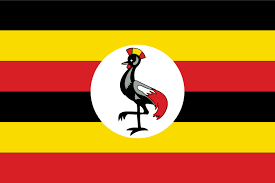 Official Website of the Ministry of Water and Environment
Official Website of the Ministry of Water and Environment

